Khabar Khair (Only Good News)- Abdul Jalil Al-Salami
Economists agree unanimously that the difficulties that Yemen is going through with economic collapse have made official development assistance directed toward economic recovery and development more important than humanitarian support.
Formal efforts have succeeded in resuming funding for development in Yemen, which all had contributed to mitigate the severe economic decline, after most development partners froze the funds advanced to Yemen from March 2015 to mid-2016.
Based on data of the Ministry of Planning and International Cooperation, international cooperation relations and donors, December 2020, fundings of main development partners of Yemen at the international and regional levels since 2016 for implemented and on-going projects, are amounted to about 3 billion and 300 million dollars.
Development partners who are currently active in Yemen are World Bank, European Union, United Nations Development Program, Islamic Development Bank, Arab Fund for Economic and Social Development, and Kuwait Fund.
The European Union have taken specific measures to meet Yemen’s urgent needs through two projects: Enhancing Social Resilience and Social Cohesion, and Livelihood Support for achieving food security.
Total provided funding that The European Union is committed to for the programs it supports in Yemen is amounted to 209 million euros, which is about 240 million dollars, based on data of the Ministry of Planning and International Cooperation.
It is implemented by the United Nations Development Program in partnership with the Social Fund for Development, CARE International, some local non-governmental organizations, and European Union-funded projects.
While the active financial portfolio of the World Bank in Yemen since July 2016, is about $2.115 billion, covering 19 projects.
The World Bank targeted multiple sectors such as social protection sector, which had the largest share (46.6%) as a percentage of the total commitments made during (July 2016 – June 10, 2021), followed by the health sector in second place with (21.1%), then non-specific sectors (12.6%), then the energy sector (8.7%), and finally the education sector (4.4%).
The World Bank works in partnership with two highly effective national institutions, the Social Fund for Development and The Public Works Project.
In The United Nations Development Programme’s view priority interventions fall within the framework of the Qatari Program (2019-2021), and they include a strategy of three overarching objectives: economic recovery and development, peace support operations, confidence-building and social cohesion, and governance and rule of law.
The resources necessary to implement the programs and the projects and achieve these goals cost about 480 million dollars, and it is expected that many donors will contribute, especially the European Union and the World Bank, in addition to Japan and Office for the Coordination of Humanitarian Affairs.
As for development funding for Yemen at the regional level, in April 2017, the Islamic Development Bank agreed to resume funding ongoing projects, and some of those projects have been implemented.
Based on data from the Ministry of Planning and International Cooperation, portfolio of the Islamic Bank in Yemen is about more than 141 million dollars, divided into five projects, including youth support programs, water supply and sanitation.
In July 2017, Arab Fund for Economic and Social Development agreed to resume funding the ongoing projects and move forward to finish them, they are about 10 projects in the infrastructure sectors, such as roads, electricity, agricultural development, and fisheries. Development investments of the Arab Fund for Economic and Social Development in Yemen are about 314 million and 600 thousand dollars, according to data from the Ministry of Planning and International Cooperation, international cooperation relation and donors, December 2020.

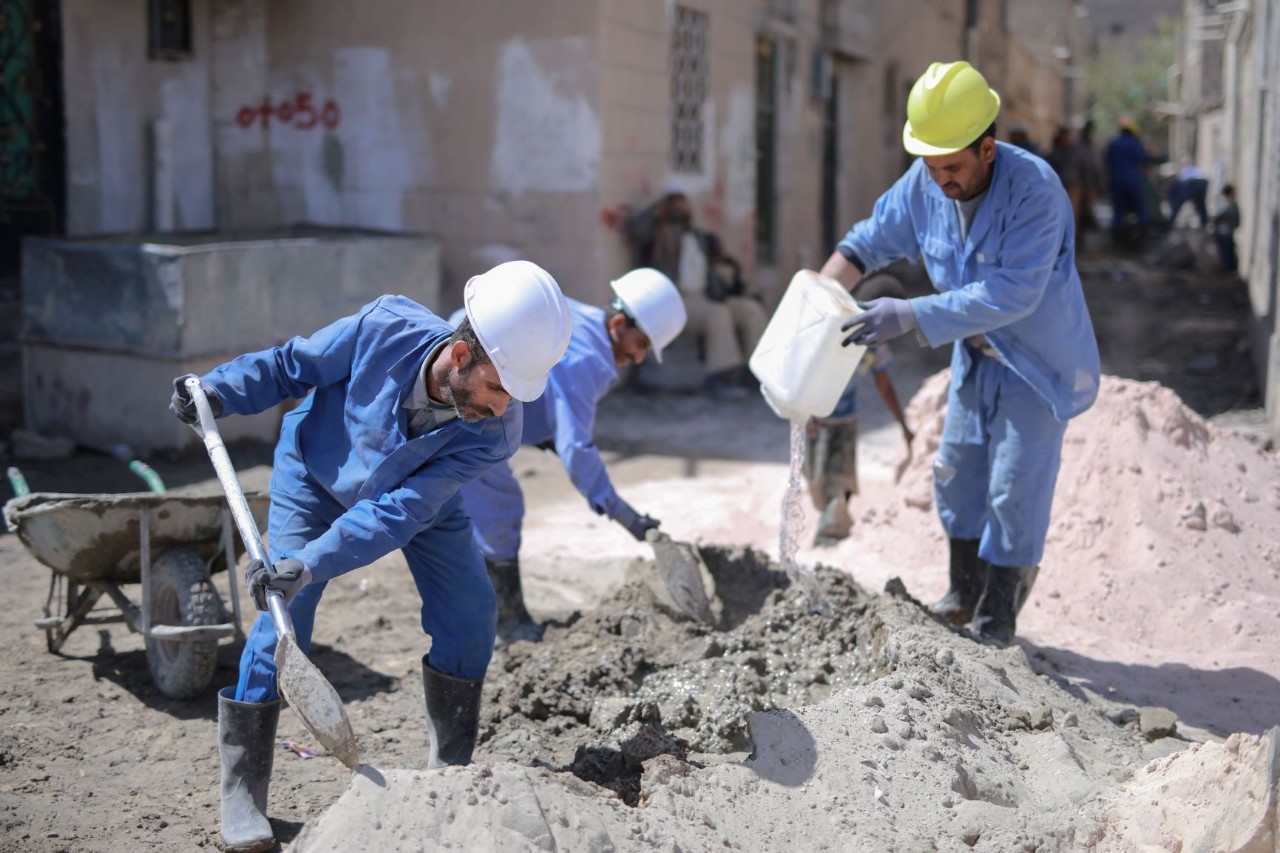
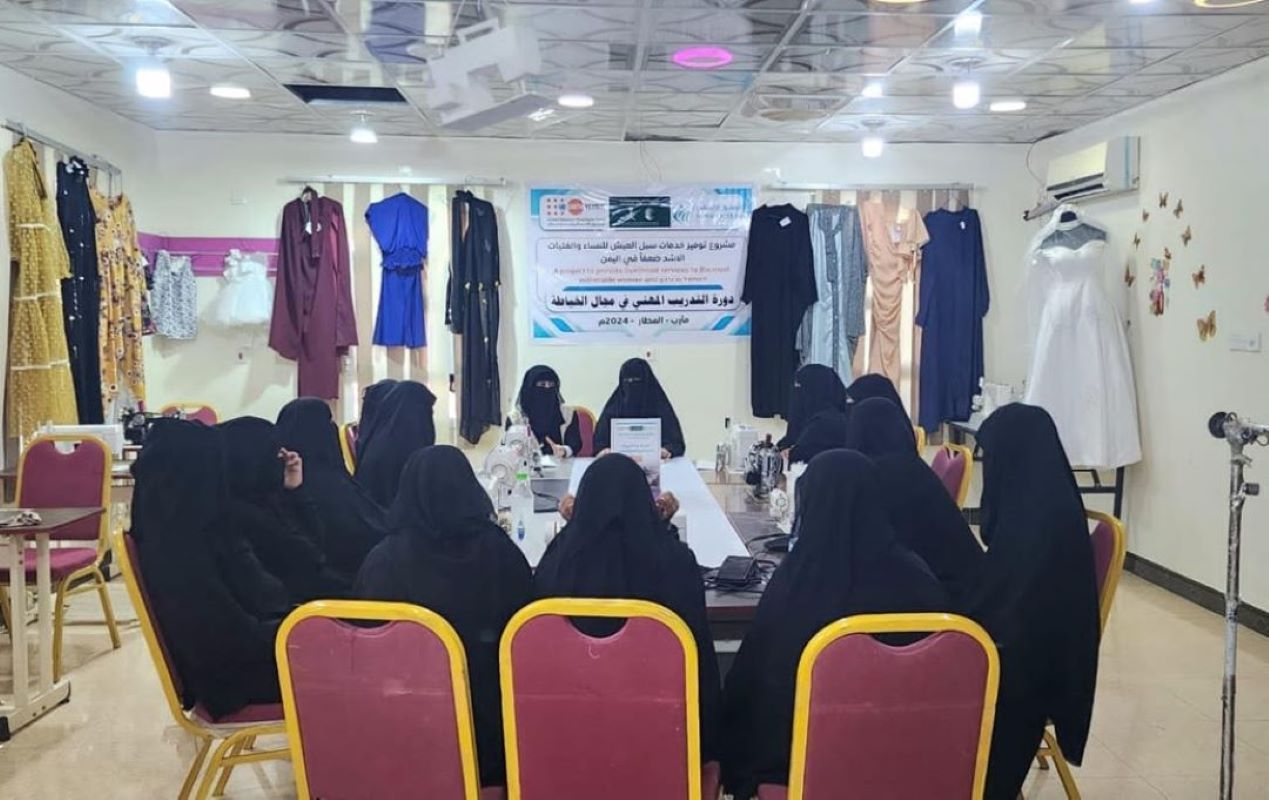
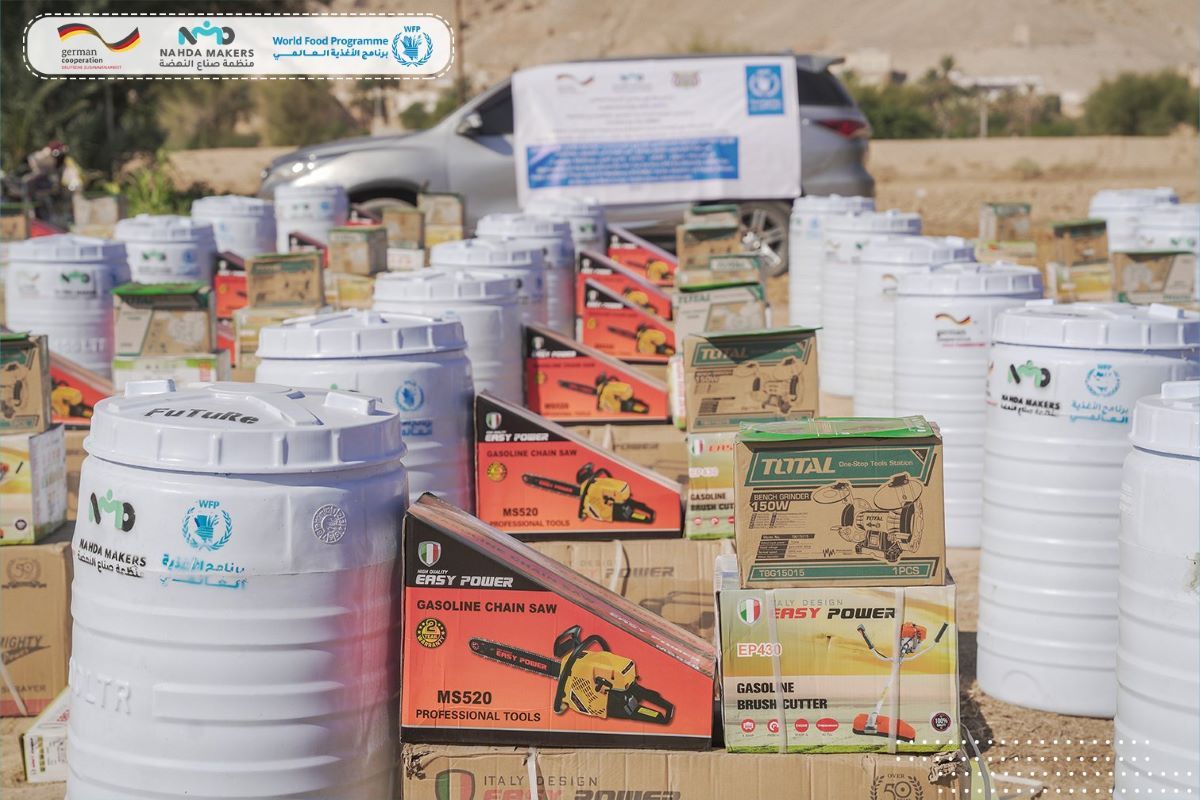
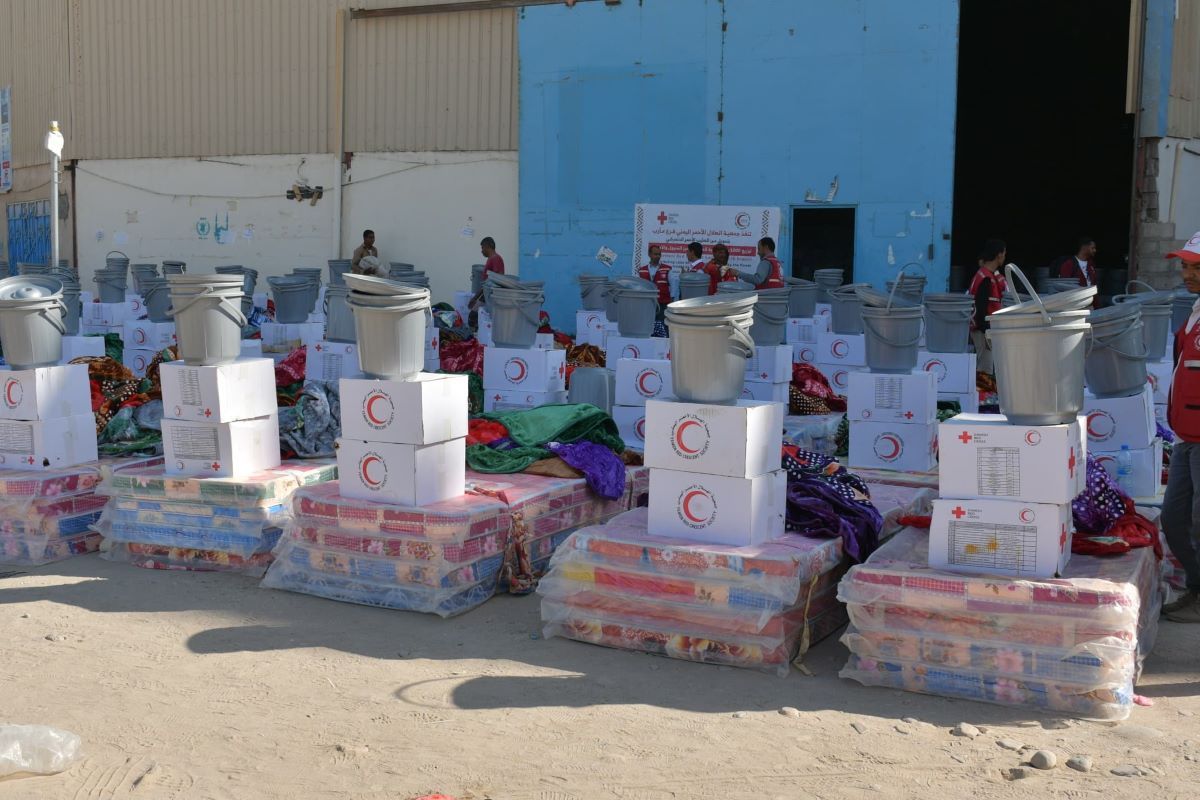

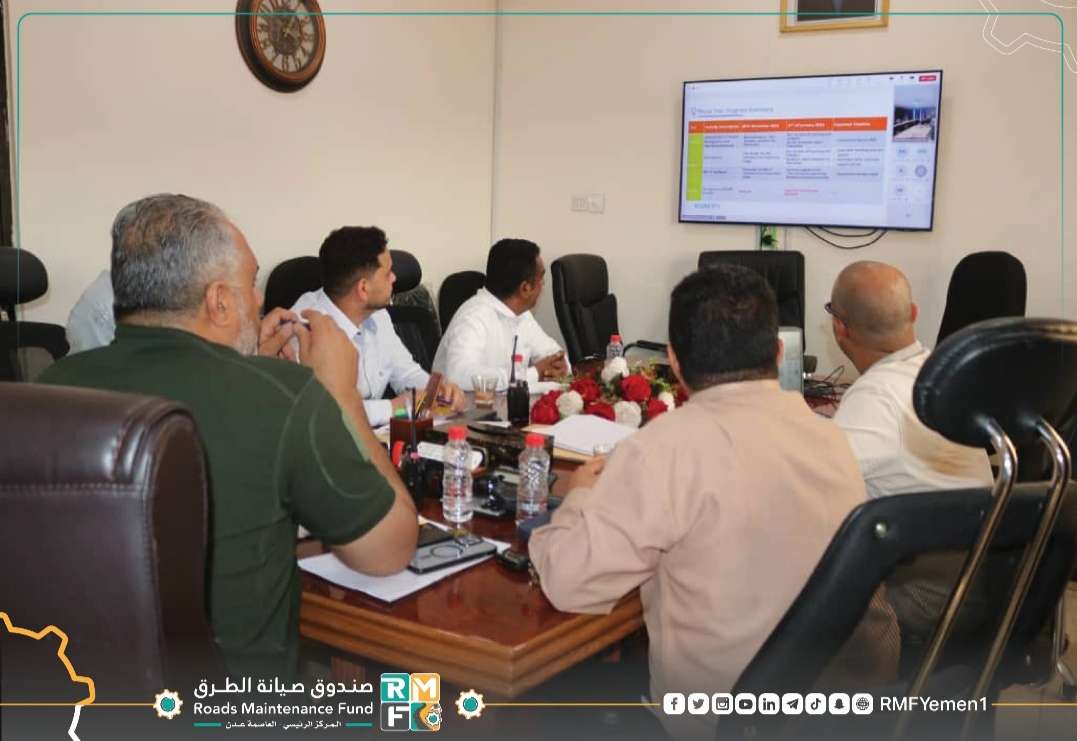


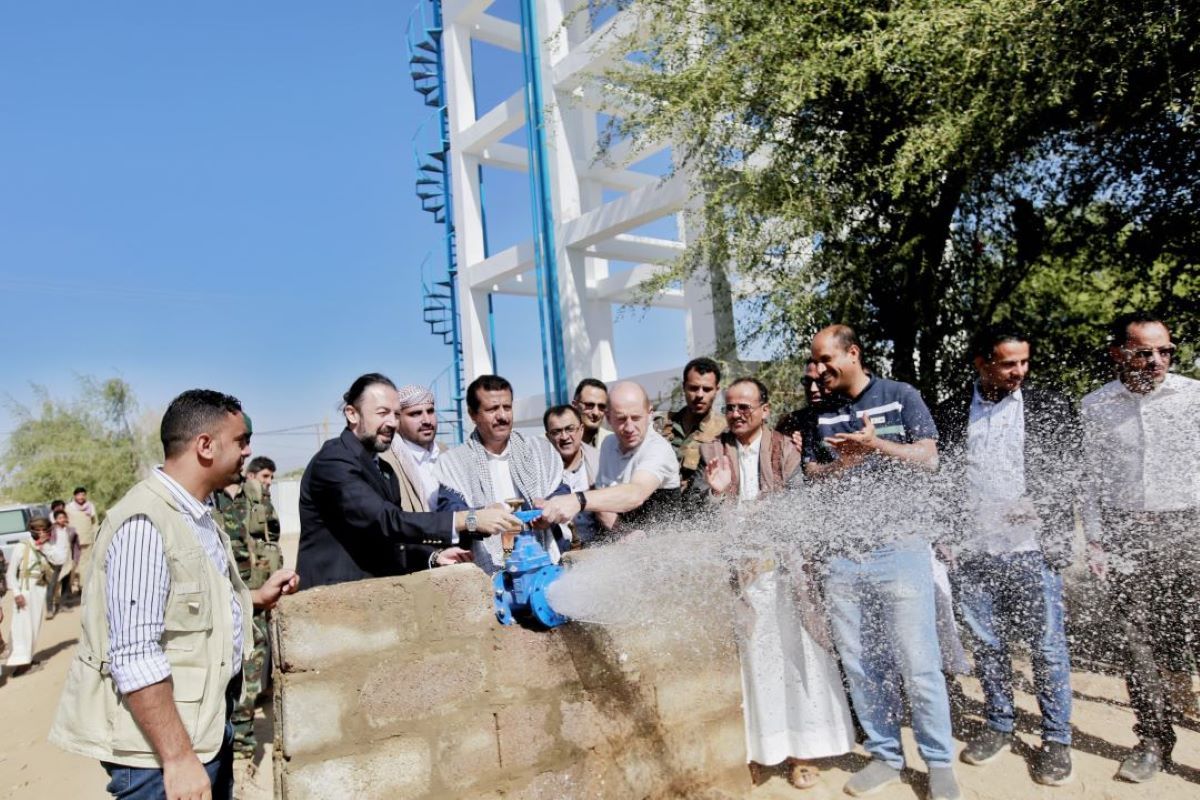
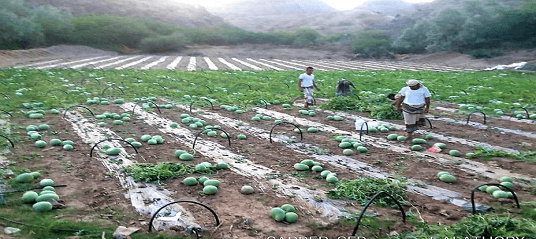
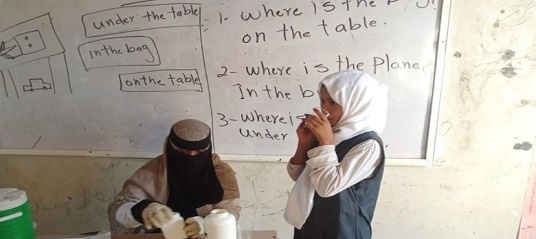
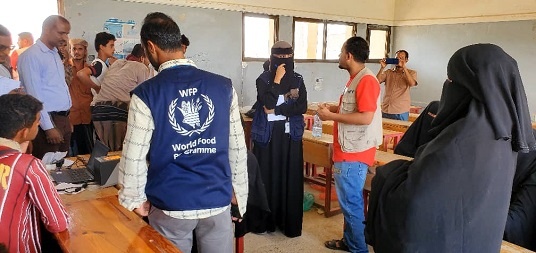
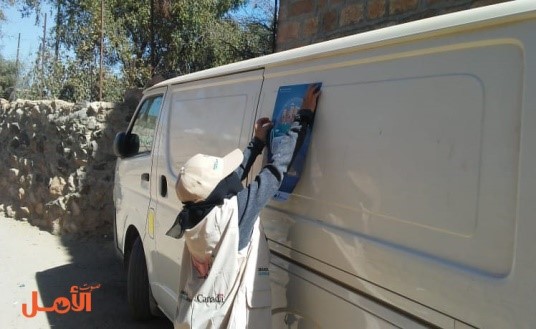
LEAVE A COMMENT